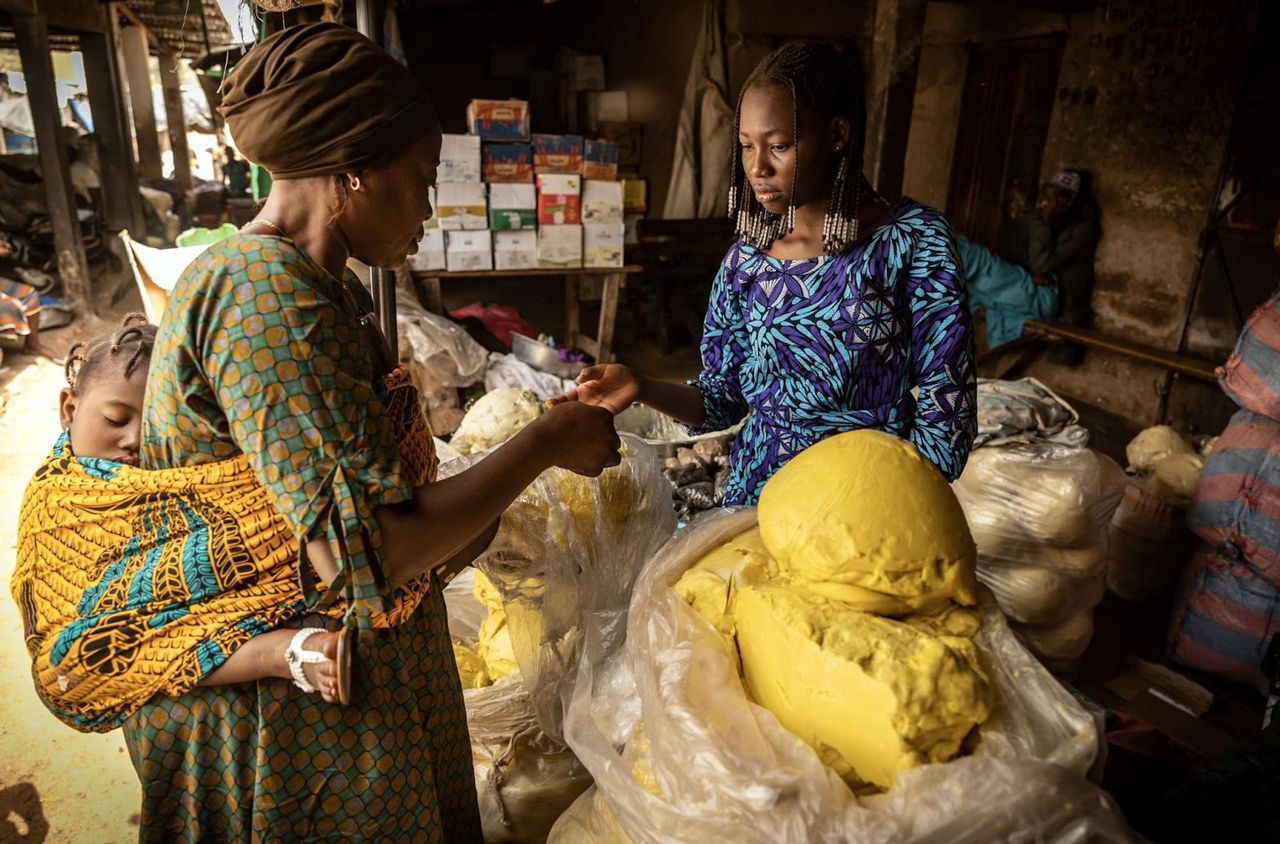National
Nigeria Bans Raw Shea Nuts Export to Boost Local Processing and Grow Economy

By Diafa Doubra,
The Nigerian government has announced a six-month ban on the export of raw shea nuts, a move aimed at boosting domestic processing and positioning the country to capture a larger share of the multi billion-dollar global shea industry.
The ban, which took effect on Monday, is part of a broader economic strategy to encourage value addition within Nigeria, rather than allowing raw materials to be shipped overseas for processing. Currently, Nigeria contributes about 40 percent of the world’s raw shea nut supply but captures just 1 percent of the \$6.5 billion global shea butter market.
Minister of Industry, Trade and Investment, Dr. Doris Uzoka-Anite, said the government’s decision is designed to stimulate investment in local factories, create jobs, and boost revenue. “For decades, we have allowed other countries to reap the benefits of processing our raw materials. This policy will ensure that Nigerians benefit directly from the wealth that our natural resources can generate,” she explained.
According to government estimates, restricting raw exports could generate at least $300 million in additional short-term revenue, with projections suggesting Nigeria could earn as much as $3 billion by 2027 if local processing plants are fully optimized.
The shea industry, often referred to as “women’s gold,” is a key source of livelihood for rural women who harvest and sell the nuts. The government has pledged to support these women by improving access to processing equipment, training, and financing to ensure they benefit from the value chain.
Economists, however, have cautioned that the success of the ban will depend on how quickly Nigeria can expand its processing capacity. Without adequate infrastructure, the policy could lead to stockpiling, wastage, or reduced incomes for farmers in the short term.
Still, industry stakeholders are hopeful. Shea butter, widely used in cosmetics, pharmaceuticals, and food products, continues to see rising demand globally. With the right implementation, Nigeria could move from being a raw material supplier to a global hub for processed shea products.
“This is the kind of bold decision we need,” said Mariam Abdullahi, a women’s cooperative leader in Kwara State. “If we are supported, Nigeria will no longer just export nuts; we will export finished products that carry more value.”
The policy is expected to be reviewed after six months, with the possibility of extension if local processing shows significant growth.













